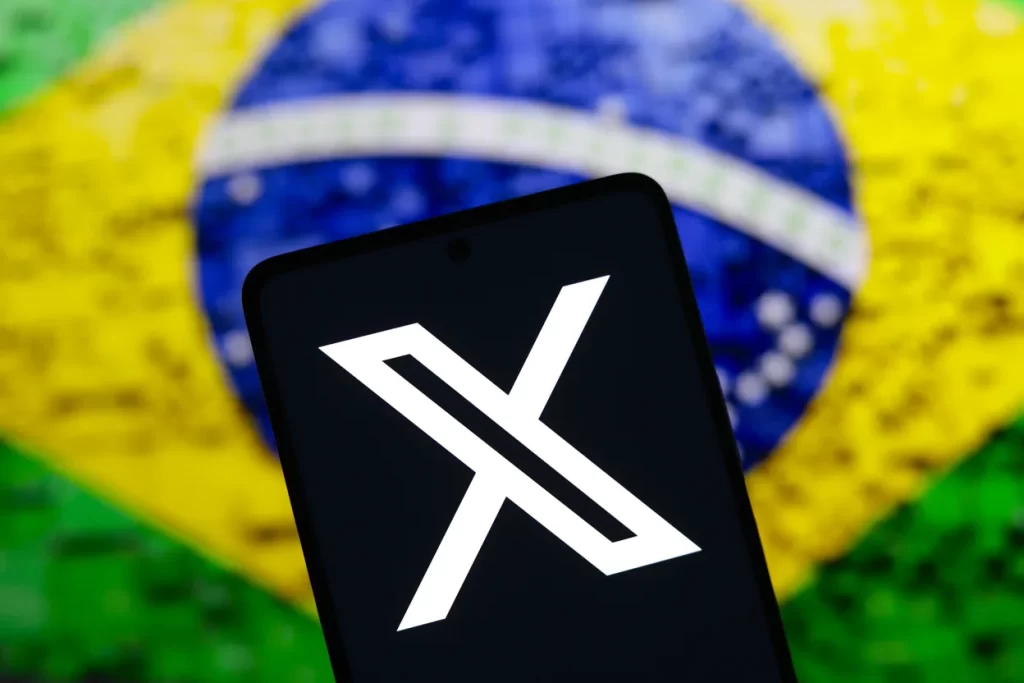Social media platform X, owned by billionaire Elon Musk, announced Saturday it would cease operations in Brazil “effective immediately,” citing what it called “censorship orders” from Brazilian Supreme Court Justice Alexandre de Moraes.

The company claims Moraes secretly threatened one of X’s legal representatives in Brazil with arrest if the platform did not comply with orders to remove certain content. X published images of a document allegedly signed by Moraes, which states that a daily fine of 20,000 reais ($3,653) and an arrest decree would be imposed against X representative Rachel Nova Conceicao for non-compliance.
“To protect the safety of our staff, we have made the decision to close our operation in Brazil, effective immediately,” X said in a statement. The company added that its service would remain available to users in Brazil.
Brazil’s Supreme Court told The Associated Press it would not comment on the matter and would neither confirm nor deny the authenticity of the document shared by X.
Earlier this year, Moraes ordered X to block certain accounts as part of an investigation into “digital militias” accused of spreading misinformation and hate messages during the administration of former President Jair Bolsonaro.
Musk has previously called Moraes’ decisions regarding X “unconstitutional” and challenged the judge’s rulings. This led Moraes to open an inquiry into Musk earlier this year after the billionaire said he would reactivate accounts that the judge had ordered blocked.

Following Musk’s challenges, X representatives reversed course and informed Brazil’s Supreme Court that the company would comply with the legal rulings. In April, lawyers representing X in Brazil told the court that “operational faults” had allowed some blocked users to remain active on the platform.
Musk, in posts on X on Saturday, called Moraes an “utter disgrace to justice” and said the company could not have agreed to the judge’s “secret censorship and private information handover demands.”
The dispute highlights ongoing tensions between social media platforms and Brazilian authorities over content moderation and freedom of expression. It also underscores the challenges faced by international tech companies operating in countries with different legal and regulatory frameworks.
As of Saturday evening, Brazilian authorities had not publicly responded to X’s announcement. The closure of X’s operations in Brazil could have significant implications for the platform’s millions of users in the country and for the broader landscape of social media regulation in Brazil.



